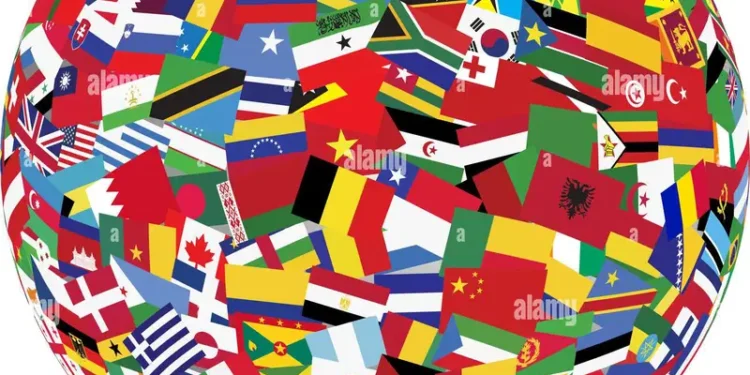Throughout history, colonisation reshaped the political, social, and economic landscapes of countless nations — especially across Africa and Asia. Yet, a few countries stood apart, managing to resist foreign domination through strategy, diplomacy, and determination.
These nations not only protected their sovereignty during an era of imperial expansion but also became enduring symbols of resilience and self-determination.
Here are five countries that successfully avoided colonisation — and how they did it.
1. Ethiopia: The African Power That Defied Empire
Ethiopia remains one of the strongest examples of African resistance to colonial rule.
In 1896, Emperor Menelik II led Ethiopian forces to a decisive victory over Italy at the Battle of Adwa, a landmark event that preserved the nation’s independence.
Though Italy briefly occupied Ethiopia in the 1930s under Mussolini, historians classify it as a temporary invasion, not true colonisation.
Ethiopia’s unity, leadership, and strategic warfare made it a global symbol of anti-colonial pride.
2. Japan: Modernisation as a Shield
While many Asian countries fell under Western control, Japan charted its own path.
The Meiji Restoration of 1868 transformed Japan into a modern industrial and military power capable of competing with the West.
By embracing reforms while maintaining sovereignty, Japan not only avoided colonisation but rose to become an imperial power itself — reshaping East Asia’s history.
3. Thailand (Siam): Mastery of Diplomacy
Thailand stands out as the only Southeast Asian nation never colonised by a European empire.
Its leaders, notably King Rama IV and King Rama V, used diplomatic skill to balance the interests of Britain and France — two rival powers surrounding Siam at the time.
Through strategic treaties and selective modernisation, Thailand preserved its independence, proving that negotiation could be as powerful as war.
4. Nepal: Protected by the Himalayas
Nepal’s independence owes much to its rugged geography and strong warrior tradition.
Its renowned Gurkha soldiers earned respect for their bravery, deterring colonial ambitions.
Even as Britain expanded through South Asia, Nepal retained autonomy after signing the Treaty of Sugauli (1816) — which established diplomatic relations without surrendering sovereignty.
Its combination of military strength and natural defenses kept it free.
5. Bhutan: Isolation as Independence
Tucked in the Himalayas, Bhutan maintained independence through isolation and careful diplomacy.
Its mountains provided a natural defense, while its rulers cautiously managed relations with British India.
By limiting foreign contact and prioritising self-preservation, Bhutan avoided colonisation and preserved its unique culture and governance — a legacy that endures today.
These countries demonstrate that independence can be achieved through different paths — from the battlefield to the negotiation table.
Their stories highlight the power of unity, strategic thinking, and cultural pride in the face of imperial pressure.
At a time when much of the world was being reshaped by colonialism, these nations chose another route — one defined by resilience, wisdom, and sovereignty.



















































































 EduTimes Africa, a product of Education Times Africa, is a magazine publication that aims to lend its support to close the yawning gap in Africa's educational development.
EduTimes Africa, a product of Education Times Africa, is a magazine publication that aims to lend its support to close the yawning gap in Africa's educational development.